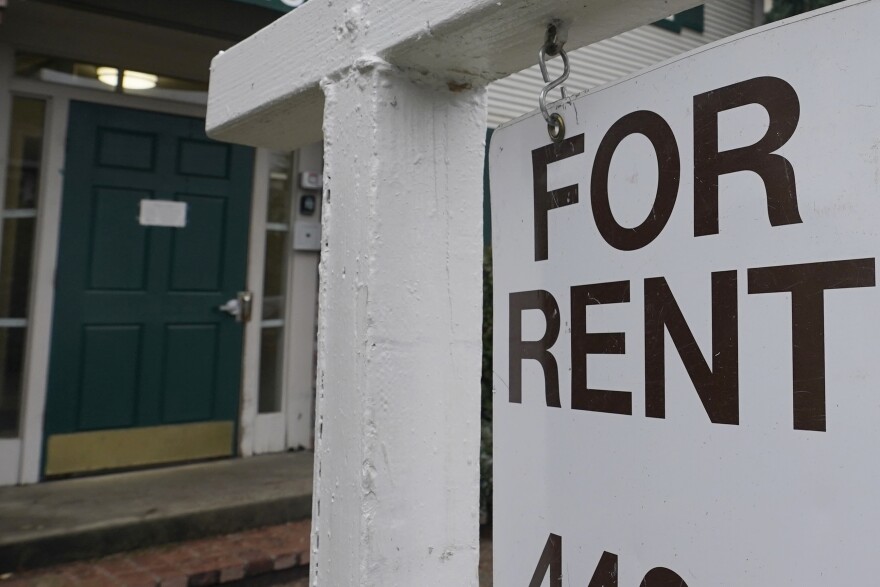Pittsburgh City Council passed legislation extending a citywide eviction moratorium on Tuesday.The legislation would ban landlords from evicting tenants for nonpayment of rent, if the failure to pay stems from the coronavirus. The legislation was introduced last Tuesday and since then, advocates for both renters and tenants have voiced support for and concerns about the bill, respectively.
Councilor Deb Gross, who sponsored the bill, presented last-minute amendments to it on Tuesday morning. The amendments spelled out a process for addressing exemptions to the ban, as in cases where a tenant damages property, engages in criminal activity, or fails to pay rent for reasons unrelated to the pandemic.
The original bill envisioned such exemptions as well, but the newer version puts the Commission on Human Relations in charge of handling exemptions -- and puts the onus on landlords to prove eviction is warranted. Gross said many households were being evicted “wrongly and unfairly,” and that involving the Commission would help keep tenants out of court.
If a landlord evicts a tenant outside the process outlined in the bill, there is a fine of up to $10,000.
Councilor Ricky Burgess was the only councilor to abstain on the amendments, voicing concern about whether they were enforceable under state laws which limit a local government’s powers.
“I think that we need to be realistic,” he said. “[W]e have very specific limitations on what we can do and cannot do. … I’m always fearful of giving false hope. I don’t want to pass legislation that we cannot enforce, legislation that won’t stand up." He said the measure might garner "the applause of a small group of activists, but in the long run we do those really needy people no help.”
“I think we are all trying to do the best policy that we can,” Gross said. “Do we do something so safe that it doesn’t protect anyone, or do we try to move that needle to protect more people than are being protected today?”
But Burgess voted in favor of the bill as a whole, joining in a unanimous vote. He believed that council should compromise on a more agreeable bill that would “meet the needs of the people we’re trying to help.”
The legislation will expire once the city ends its declaration of emergency for the coronavirus.




